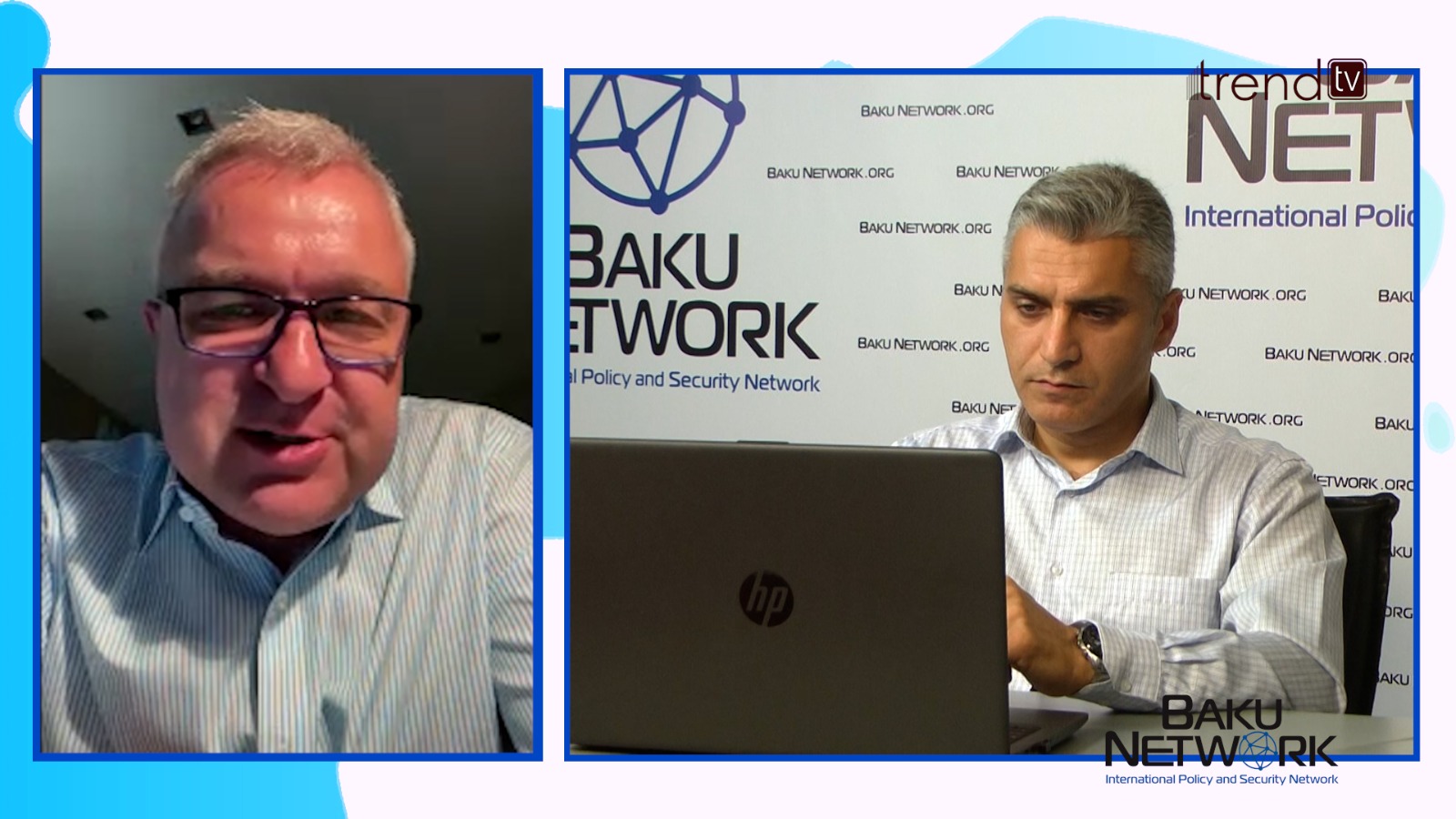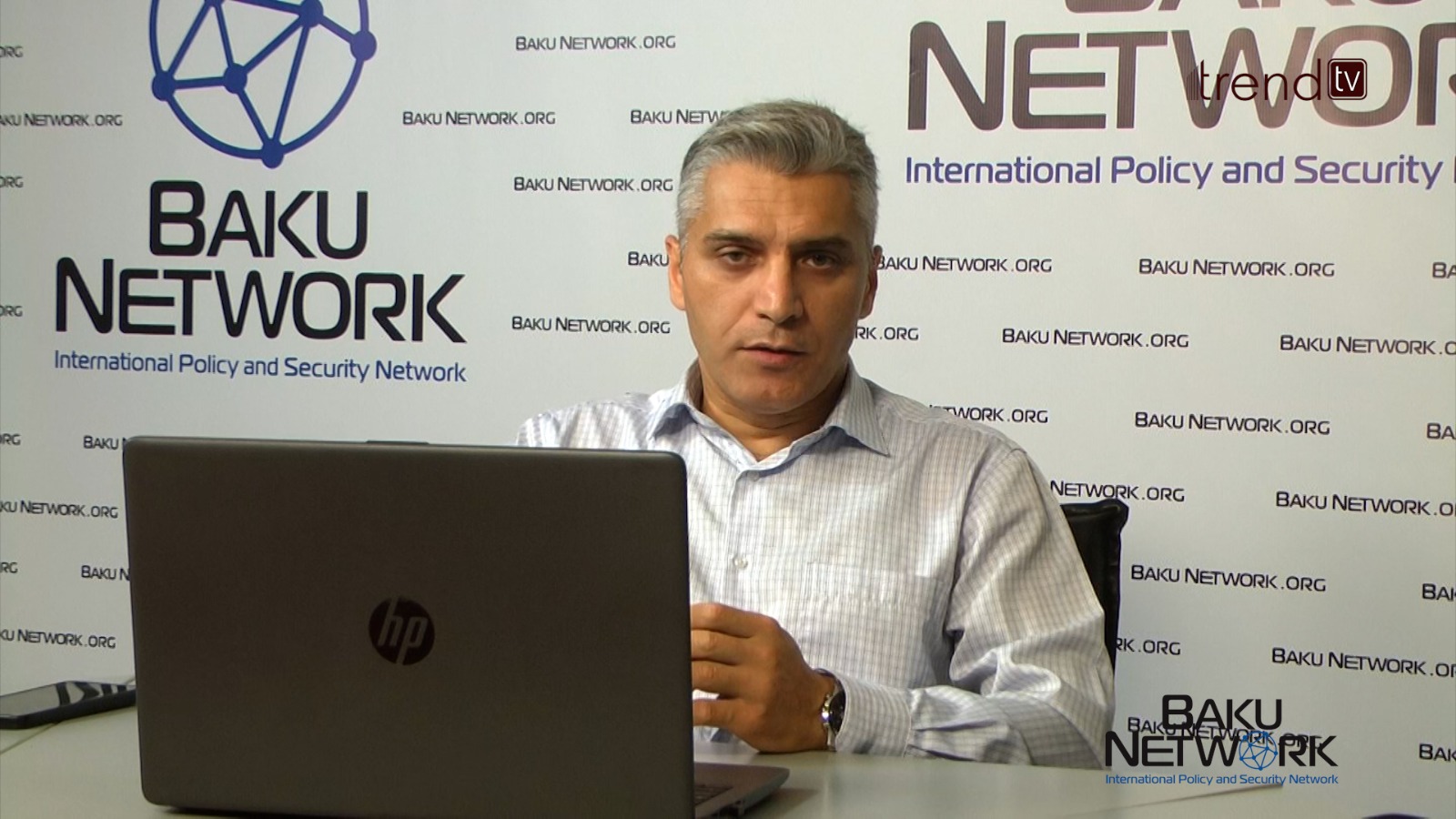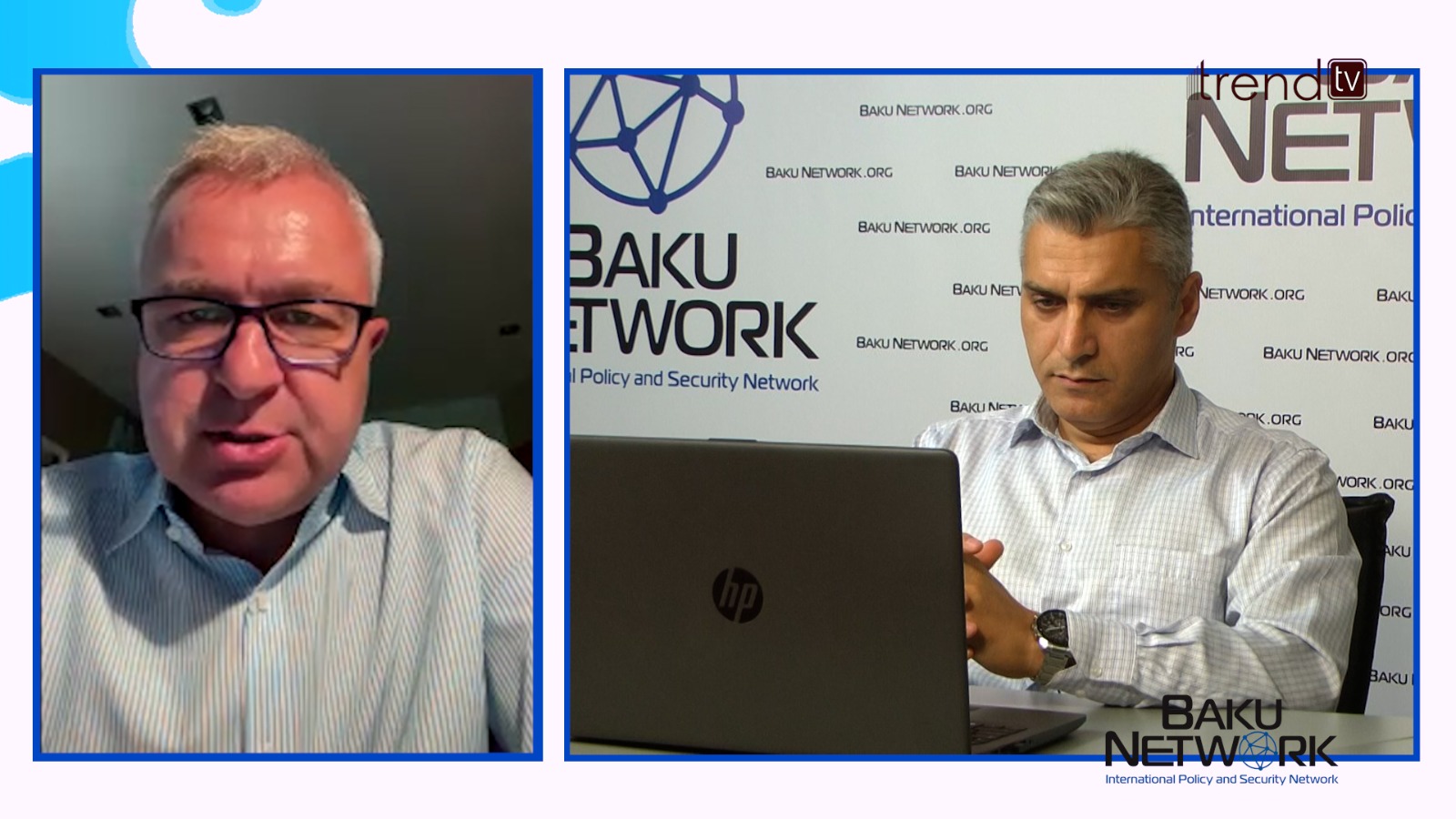BAKU, Azerbaijan, July 7. Negotiations on a long-awaited peace agreement between Azerbaijan and Armenia remain stalled, with experts pointing to domestic political tensions and constitutional barriers in Armenia as the main reasons for the delay, Trend reports.
Despite public declarations of readiness, the final signing continues to be postponed, raising concerns about missed opportunities in the South Caucasus.
The issue was discussed in a recent episode of Real World Order, a political program by the Baku Network think tank. Speaking to host Elnur Enveroglu, Professor László Vasa of Hungary criticized what he called Armenia’s “political procrastination.”
“Several fundamental matters have been consistently demanded by Azerbaijan,” László Vasa said. “It would be quite logical and useful for Armenia to conclude peace — without it, the country will lose a lot.”
Surrounded by major players like Azerbaijan and Türkiye, Armenia faces limited strategic room, he added. With the Middle Corridor — a key East-West transport route — bypassing Armenia, the risks of isolation are growing.
“They don’t have to give up anything, except their claim to Karabakh, which is embedded in their constitution,” he said, calling the constitutional claim a major obstacle. László Vasa compared the situation to Hungary’s past, where Budapest gave up territorial claims in its constitution to normalize regional ties.
“Any new political force in Armenia could reverse a peace deal if the constitution isn’t changed,” he warned, arguing that Azerbaijan’s demand to amend it is “legitimate.”
He also highlighted the influence of Armenia’s diaspora and opposition groups, blaming them for delaying the peace process. “The diaspora, living abroad, is deeply influential — both domestically and internationally,” he said.
László Vasa criticized Yerevan’s renewed push to involve international mediators, saying it risks undermining the progress made through direct talks. “Now they want to go back to the old model with mediators, which is a shame,” he said. “They feel weak alone, so they seek protection through international organizations influenced by their Western partners.”
Turning to humanitarian issues, László Vasa accused the EU of double standards: “They talk about the rights of Armenians in Azerbaijan but stay silent on the rights of Azerbaijanis to return.”
Still, he expressed cautious optimism, pointing to examples like France and Germany’s post-war reconciliation. But he warned that Armenia could be left behind economically while Georgia, Azerbaijan, and Türkiye move forward.
“This project can bring a golden age,” he said. “But Armenia risks being left out if peace is not finalized.”













